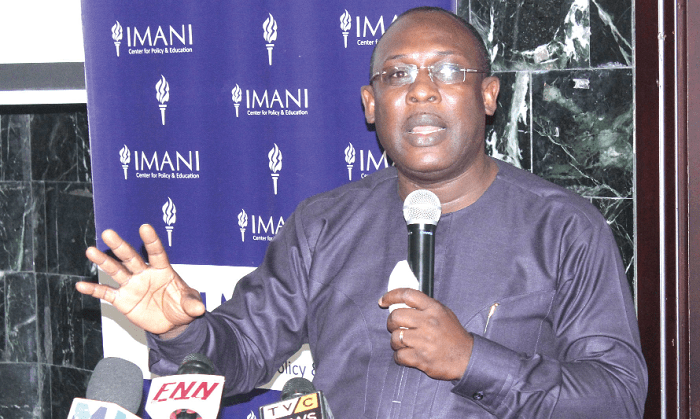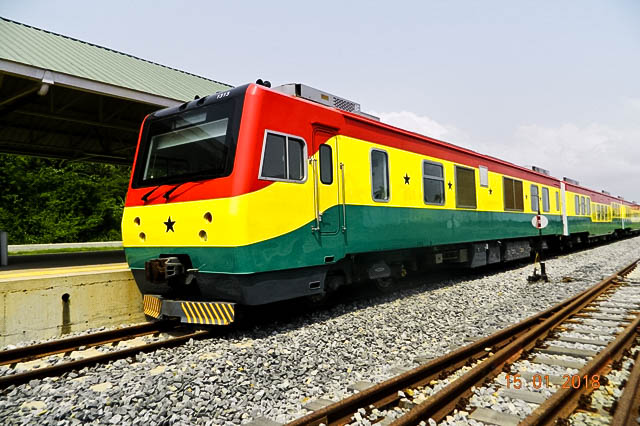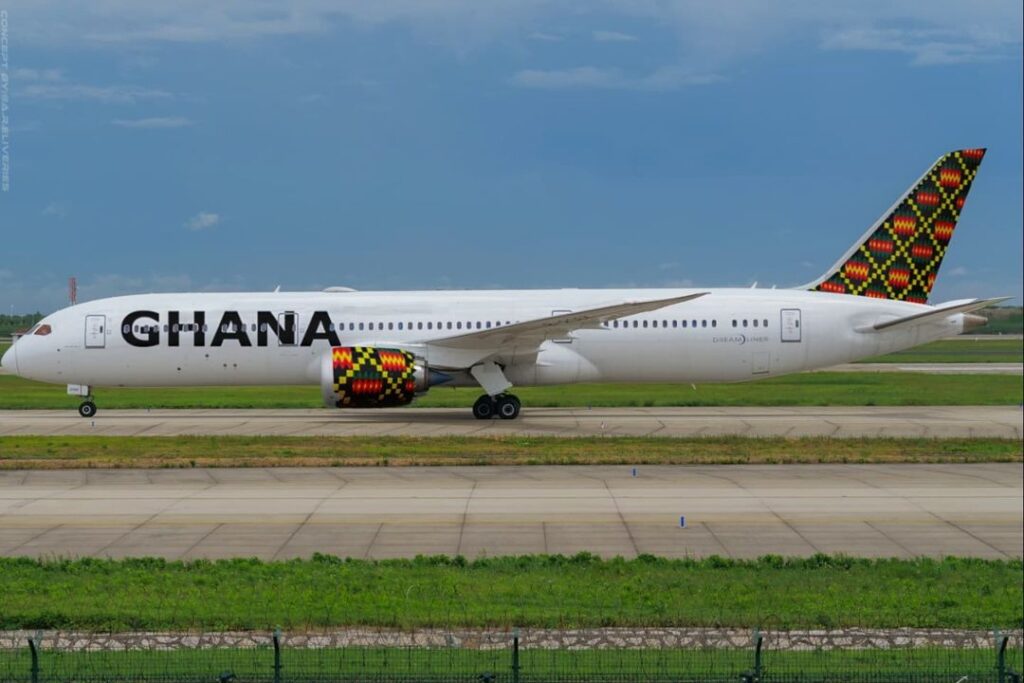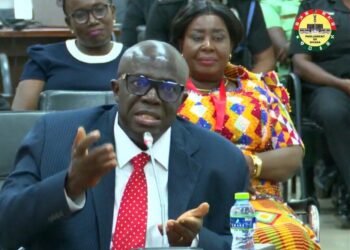Kofi Bentil, Vice President of IMANI Africa, has issued a stark warning to the government over plans to establish a national airline.
He cautioned that allocating state funds to launch such a carrier is not financially prudent, pointing to the repeated failures of past attempts to sustain a government-backed airline.
Bentil made it clear that “putting state funds to set up a national airline is a bad idea, which has proven to be a loss maker every time it has been tried!”
In his critique, Bentil reminded policymakers that Ghana once operated its own flag carrier, only to see it collapse after years of financial hemorrhaging.
“We ran it into the ground and made several frantic efforts to revive it, but failed!” he noted, underscoring the likelihood of history repeating itself if the proposal goes forward.
Bentil warned that a fresh state-funded venture would inevitably trigger another round of public outcry. “We will be back after a few years, screaming over the loot of funds and mismanagement if this bad idea, which has been tried and failed many times, is tried!”
He also questioned the strategic value of a national airline in Ghana’s broader transportation network.
“Again, it must be made clear that an Airline is never a crucial thing, even in transportation strategy, because it only serves the elite. I would rather support using these funds to improve railways between Accra and the major capitals than serving the jet-setting elite!”
Kofi Bentil
Bentil argued that rail investment would deliver more inclusive benefits.

Beyond rail, Bentil proposed expanding and upgrading key road corridors. He suggested dualizing the highways linking Accra with Kumasi and Takoradi, a project he believes would offer tangible value to commuters and commercial transporters alike.
He maintained that these investments would serve a far broader segment of society than a luxury-focused airline.
Bentil lamented what he called the “undying emotional clamor by the elite to have a national Airline,” describing it as “totally perverse,” particularly given the repeated failures of both public and private ventures in the aviation sector.
Private Investment Suggested to Lead National Airline Agenda
To encourage private investors to lead the initiative, Kofi Bentil proposed a market-based approach. He suggested the government float the airline as a private venture, offering a decade of tax-free operations, reduced airport charges, and free landing rights.
These incentives, he argued, would attract serious investors and ensure the airline’s viability without burdening the state.

“If with these encouragements the private sector doesn’t take it up, then please don’t waste state funds on it. Again, a national airline is never a priority when our roads and railways, which everyone uses, are in disrepair.”
Kofi Bentil
His intervention comes in response to recent endorsements of a government-backed carrier by former Deputy Transport Minister and presidential advisor, Joyce Bawah Mogtari.
Mogtari suggested that with sound management, the initiative could succeed; however, Bentil’s dissenting view pits fiscal prudence against political enthusiasm for another attempt at a flag carrier.
Bentil’s call to channel resources into road and rail infrastructure echoes long-standing debates about national priorities.

He insisted that an inclusive transportation strategy should prioritize projects that reduce travel time, lower logistics costs, and promote regional development.
In his view, such investments would yield measurable returns in economic growth, job creation, and social inclusion.
Reflecting on past aviation ventures, Bentil noted that failed state-backed airlines have saddled taxpayers with heavy debts and little to show for the expenditure.
He cautioned that a repeat of these mistakes would undermine public confidence in government spending and derail efforts to improve essential services.
IMANI Africa’s Vice President concluded by urging the government to apply the same rigorous cost-benefit analysis to transportation proposals as it does to other major infrastructure projects.
By redirecting funds from a doomed national airline scheme toward roads and rail, Bentil believes Ghana can achieve more sustainable and equitable development outcomes.
READ ALSO: GNPC Charts New Path to Revive Ghana’s Oil Sector



















